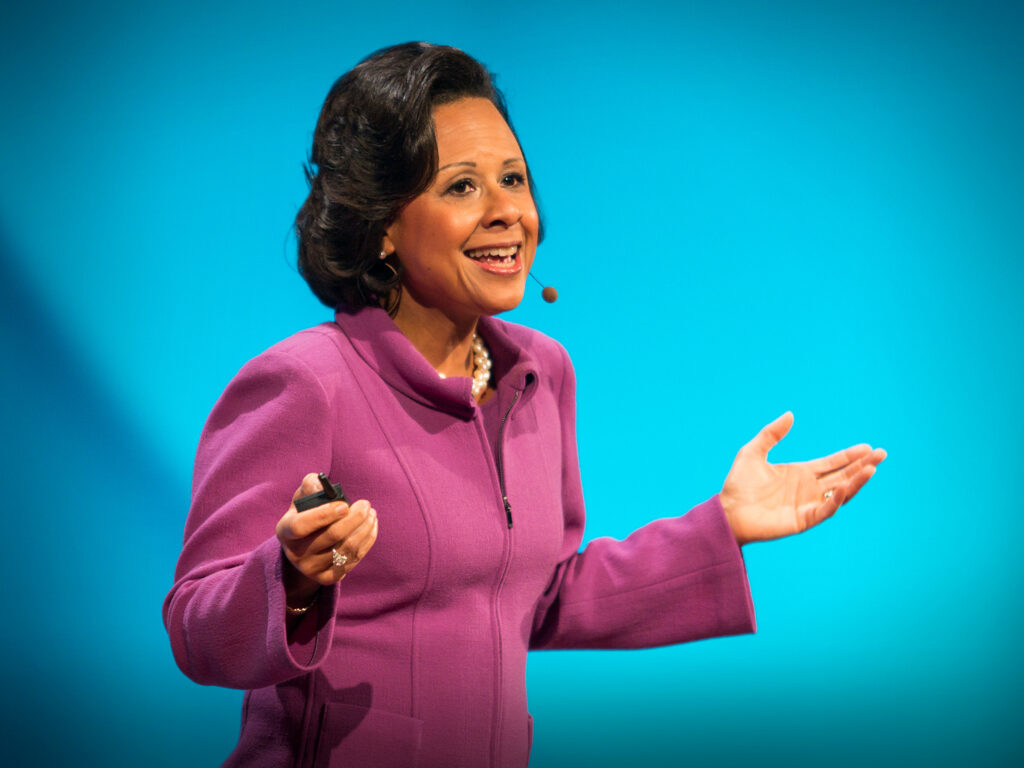When faced with a cancer diagnosis, the quality of communication between patients, caregivers, and oncologists shapes the care experience. Conversations go beyond simply sharing information, paving the way to better health outcomes. Here is how transparent and focused discussions with oncologists positively impact cancer care:
Understanding Your Diagnosis and Options
Navigating a cancer diagnosis is challenging. Sometimes, medical jargon can add to the confusion, but open and transparent communication helps patients and their caregivers truly understand the condition. Patients gain clarity when oncologists explain diagnoses and treatment options in simple terms. An oncologist might break down a treatment plan step by step, explaining why certain medications are prescribed or shedding light on the potential side effects. Having a clear understanding helps patients to engage more actively in their care.
Supporting Treatment Success
Following a treatment plan is challenging, particularly when it involves managing multiple medications, appointments, or lifestyle changes. Research shows that clear communication improves adherence to treatment schedules and self-care recommendations. When patients comprehend the “why” and “how” behind their care routine, they can follow through more easily. Discussing the timing of medications, the benefits of physical activity, or dietary changes in simple terms removes uncertainty. The result is a smoother experience and increased skill in managing care at home.
Alignment with Patient Values
Every patient approaches cancer treatment with unique values, goals, and preferences. Some may prioritize aggressive treatment options, while others focus on quality of life or alternative therapies. Engaging in clear, empathetic discussions allows oncologists to align treatment recommendations with what truly matters to the patient. This alignment cultivates trust to make sure that treatment decisions respect the individual’s values. It turns complex medical plans into a collaborative effort, where patients feel heard and supported.
How Patients and Caregivers Benefit
To enhance the conversation during appointments, consider these practical approaches:
- Ask questions in advance. Write down what you’re unsure about or are eager to know.
- Take notes or bring another person to listen and record details during the session. This can help make sure nothing is missed.
- Be honest about concerns such as side effects or struggles with treatment routines. Oncologists value these insights and can adjust plans accordingly.
- Clarify terms by asking the oncologist to simplify the explanation if something isn’t clear. Never leave with unanswered doubts.
Building a Sense of Community
Beyond the patient-oncologist dynamic, many individuals find comfort in sharing their experiences with others who can relate. Care teams and oncology centers often facilitate support groups, whether in person or online, creating safe spaces for shared stories, encouragement, and collective hope. By answering questions, setting realistic expectations, and being attentive to concerns, oncology teams help patients and their families be informed. Knowing what lies ahead and what to expect bridges the gap between fear and preparedness.
Book an Appointment With an Oncologist
If you or a loved one is navigating cancer care, connecting with an oncologist who communicates clearly is a valuable step forward. Clear, honest conversations lead to informed decisions and a smoother care experience. Book a consultation today to begin building a care plan centered on understanding and partnership.

